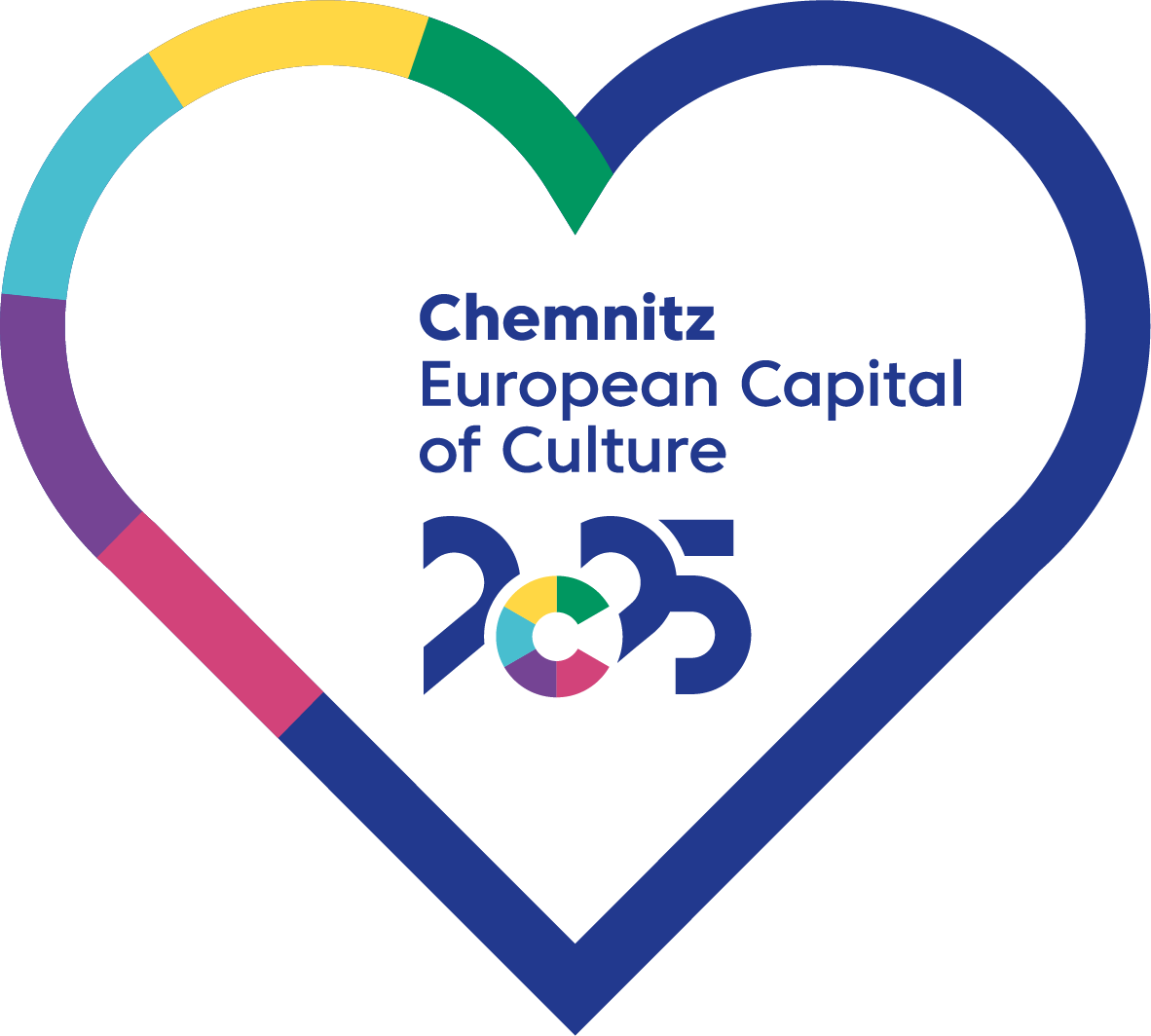Rehabilitation of uranium ore mining legacies in Saxony and Thuringia
Mining remediation –
taking responsibility, shaping the future
This brochure presents the initial situation and the results achieved thus far in the remediation of the mines and the remediation of former plant areas. It also provides an overview of the tasks ahead. Publishing this brochure is a token of gratitude for the successful work of the staff of Wismut GmbH, its partners and everyone else involved in the remediation process, and honours their achievements. At the same time, we would also like to thank all those who have made our work possible and supported us.
Company
Wismut GmbH is a federal government-owned company operating in Saxony and Thuringia. Its principal business is the decommissioning, cleanup, and rehabilitation of uranium mining and processing sites.
The company's sole shareholder is the Federal Republic of Germany, represented by the German Federal Ministry for Economics Affairs and Climate Action. Since its foundation in 1991, the company is headquartered in Chemnitz/Saxony. By rehabilitating the uranium mining legacies, the 800 strong Wismut workforce is rising to one of the greatest ecological and technical challenges ever.
The Wismut Project has emerged as an important international reference project for state-of-the-art remediation technologies for the rehabilitation of radioactively contaminated sites. The experience and know-how gained under this unique environmental restoration project are being applied to rehabilitation projects in Germany and abroad.
Wismut is also an important partner on the regional level. In the rehabilitation process, numerous contracts were and continue to be farmed out under tendering procedures by Wismut to small and medium-sized businesses in either region. By doing so, the Wismut company makes a substantial contribution to foster the economic development of sites under remediation.
At the same time, the company has emerged as an important economic factor and is a major employer in the regions under rehabilitation in Saxony and Thuringia. Since 1993, more than 1,500 young people have completed their vocational training at Wismut.
Areas which uranium mining operations had claimed for decades were for the most part restored to their former uses, thus enhancing environmental qualities and the quality of life in their neighbourhoods. In the communities concerned, close cooperation with Wismut lays the foundation for fruitful developments. To quote but two examples: Schlema has successfully restored its former glory as a spa town, and Ronneburg hosted the national horticultural exhibition in 2007 which visited nearly 1.5 Mio people.
The company's sole shareholder is the Federal Republic of Germany, represented by the German Federal Ministry for Economics Affairs and Climate Action. Since its foundation in 1991, the company is headquartered in Chemnitz/Saxony. By rehabilitating the uranium mining legacies, the 800 strong Wismut workforce is rising to one of the greatest ecological and technical challenges ever.
The Wismut Project has emerged as an important international reference project for state-of-the-art remediation technologies for the rehabilitation of radioactively contaminated sites. The experience and know-how gained under this unique environmental restoration project are being applied to rehabilitation projects in Germany and abroad.
Wismut is also an important partner on the regional level. In the rehabilitation process, numerous contracts were and continue to be farmed out under tendering procedures by Wismut to small and medium-sized businesses in either region. By doing so, the Wismut company makes a substantial contribution to foster the economic development of sites under remediation.
At the same time, the company has emerged as an important economic factor and is a major employer in the regions under rehabilitation in Saxony and Thuringia. Since 1993, more than 1,500 young people have completed their vocational training at Wismut.
Areas which uranium mining operations had claimed for decades were for the most part restored to their former uses, thus enhancing environmental qualities and the quality of life in their neighbourhoods. In the communities concerned, close cooperation with Wismut lays the foundation for fruitful developments. To quote but two examples: Schlema has successfully restored its former glory as a spa town, and Ronneburg hosted the national horticultural exhibition in 2007 which visited nearly 1.5 Mio people.

